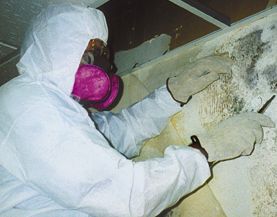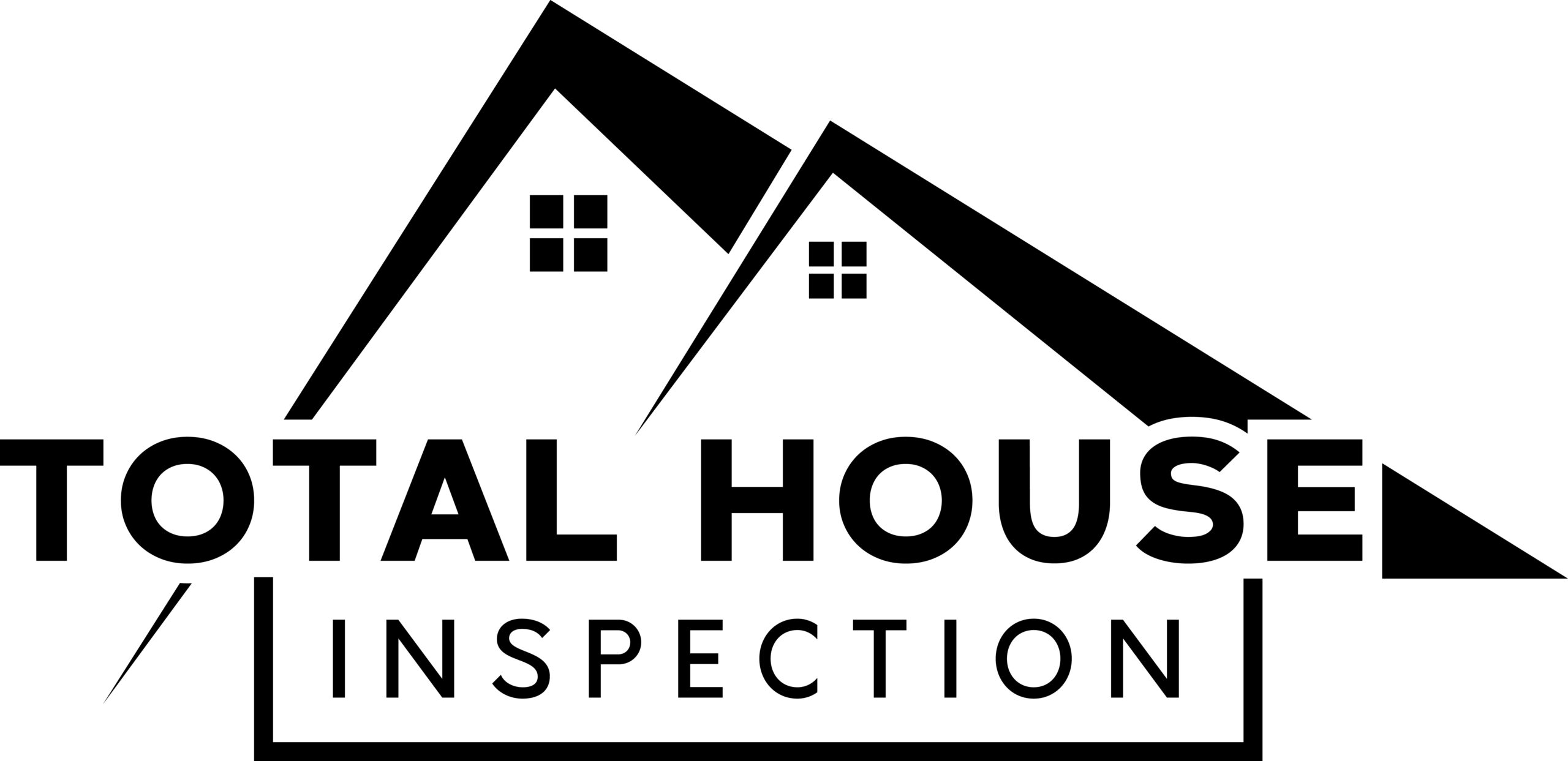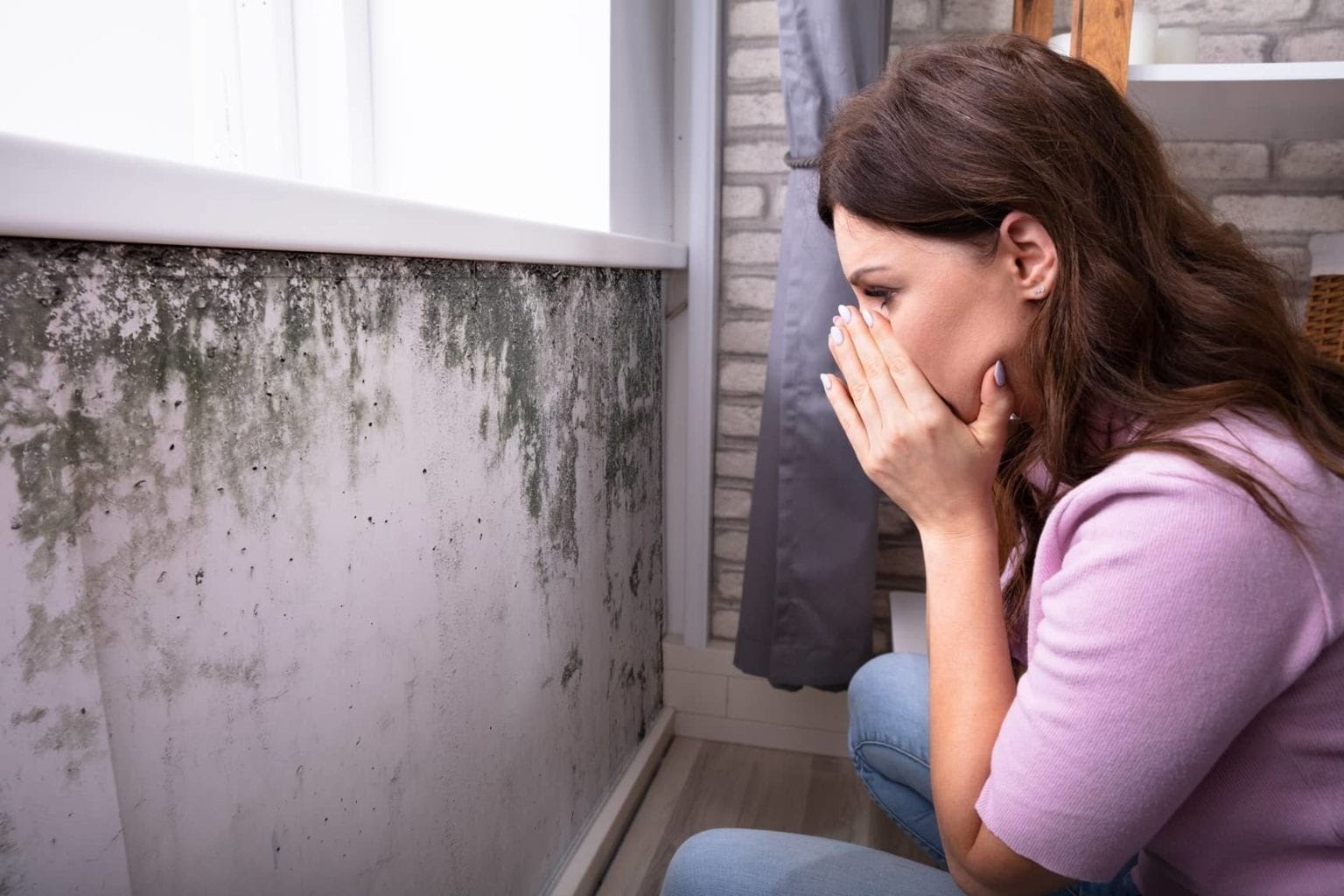You should definitely consider getting a mold examination before purchasing…

Why Have Mold Testing Performed On A House?
While some homeowners decide to have a pre-listing inspection performed on a home, there’s no doubt that the most common type of house inspection is done by prospective buyers who want to ensure the house they want to buy meets their standards. But there’s one type of inspection that is very common for both current and future homeowners: black mold inspection and testing.
Black mold isn’t something you want to mess around with. Not only can it cause of a host of medical problems for those who live in the house, but it can also damage the value of the house itself.
What Is Black Mold?
There are more than 100,000 types of mold identified around the world, and most of them are harmless. Black mold (Stachybotrys chartarum) is a naturally occurring species of mold. Like most mold, it feeds on decaying material out in the wild. In fact, black mold is usually harmless in its natural habitat — the outdoors. That’s because the mold spores outside are never concentrated enough to cause problems in humans (unless you breathe deeply while scraping the log it’s on with a stick).
It’s a completely different story inside a house. Houses of today are constructed so that they’re as airtight as possible, which seals the thermal envelope so that they’re more energy efficient. Unfortunately, this also traps the bad stuff in, such as flame retardants from the furniture, microscopic plastic pieces from decomposing carpet, and, yes, mold spores. These spores can build up over time, and they can be sent airborne again and again by HVAC systems…or something as simple as getting up from the couch.
Why Is It Growing In Homes?
The first question that most people ask is, “How did the black mold get into my home?” Don’t worry, there’s nothing to be ashamed of. The most obvious way that black mold enters a house is with floodwaters, as the water carries in the spores that settled in the soil. Water from a cracked foundation can also bring spores in. Black mold spores can blow in through an open door or window, something you really can’t do anything about.
Controlling the water is the best way to make sure it doesn’t have a place to take hold in your house. Black mold needs two things in order to survive: moisture and cellulose. The two most common sources of cellulose in a home are the house’s wood frame and the paper backing of drywall. Furniture and carpet also contain various amounts of cellulose.
What Does It Do To People?
Black mold isn’t something that most people can just live with. While each person living in the house can have varying levels of allergic reactions, here are some of the most common symptoms from black mold exposure.
Physical
- Sneezing
- Coughing
- Eye irritation, runny eyes
- Nose irritation, runny nose
- Throat irritation
- Rashes
- Chronic fatigue
- Breathing difficulties
- Seasonal allergy-like symptoms lasting throughout the year
Mental
- Headaches
- Confusion
- Anxiety
- Memory loss
- Depression
- Insomnia
Does It Damage the House?
Interestingly, black mold doesn’t actually damage the structure of the house. While the moisture that supports the mold might warp the frame of the house, the black mold isn’t eating the wood enough to cause any real damage.
But just because the black mold isn’t affecting the structure of the house doesn’t mean that it’s not affecting the value of the house. Black mold reproduces by sending spores anywhere and everywhere, which includes the air duct system that can send it to every room. Even if the initial black mold is treated, errant spores can bring it back if moisture returns. This can give the house a bad reputation: “Once with black mold, always with black mold.”
Can It Be Removed?
Yes, black mold can be treated. The treatment is a labor-intensive process that involves treating not only the mold itself, but any place that could potentially harbor the airborne spores. There is often a need to not only remove the mold but to also fix problems with the house — leaky pipes, cracked foundation, yard grading issues — so that the moisture that fostered the mold in the first place is dealt with. Cleaning of the air ducts is also recommended.
Though Total House Inspection does offer black mold inspection and testing, we don’t perform black mold removal. In most states, the company that offers mold test isn’t allowed to also perform the mold remediation.
Who Has Mold Testing Done?
There are three primary instances in which black mold testing is done.
Prospective Home Buyers
As dangerous as black mold is, it’s very easy to understand why people pay the additional cost of checking for it when they are about to purchase a house. If you’re interested in purchasing a house that has black mold, you have a tough decision ahead of you. Either negotiate to have it removed, or walk away. Black mold can be such a problem that walking away from the deal might be best. But you’ll still be glad you got the mold test performed, because finding out that you have black mold in your home after the paperwork is signed can lead to health issues and legal battles.
Home Sellers
It’s not just prospective buyers who have mold testing done. Sometimes sellers will also have a pre-listing inspection done and include black mold testing. After all, it’s better to get it taken care of before it becomes a sticking point in a deal.
People With Chronic Health Problems
Finally, many people have mold inspection done even though they’re not buying or selling; they’re simply a homeowner who isn’t feeling well. The doctor might not be able to find anything wrong with them, and they might only be showing symptoms when they’re in their home. Black mold isn’t always easy to find, which is why so many people hire professionals to come do air tests. Getting rid of the black mold could make many of their health problems go away.
Do You Need Black Mold Testing?
There are many reasons why people need black mold testing, and Total House Inspection is here to help. Black mold isn’t something to be trifled with, and the information we give you can help you make the right decisions regarding your home. Contact us today!




